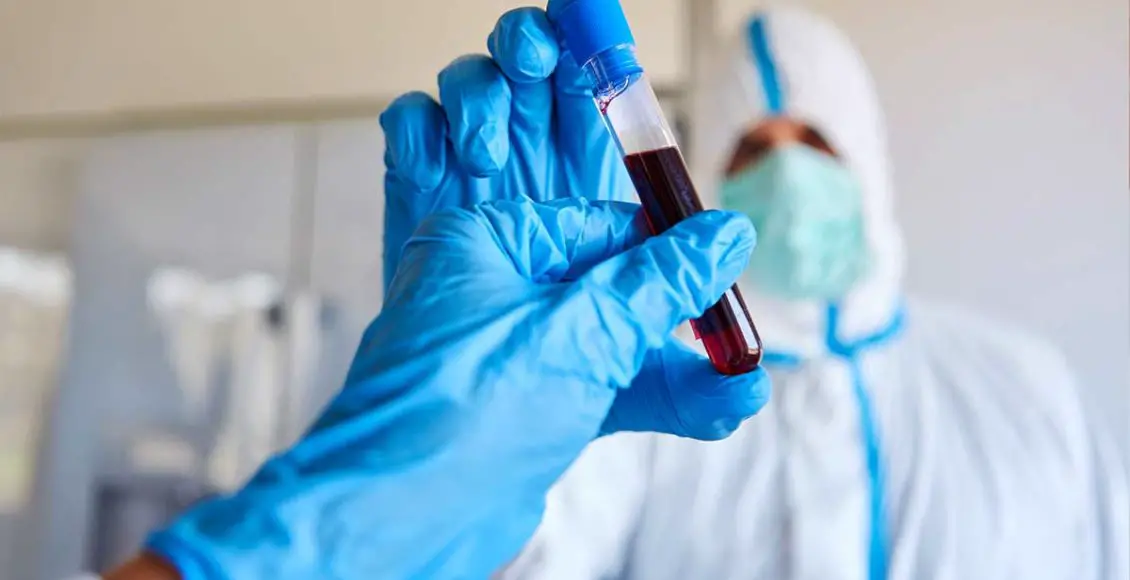“Wait. I can catch COVID-19 twice?” Coronavirus herd immunity may be only wishful thinking

Coronavirus herd immunity considered questionable as COVID-19 reinfection cases increase.
According to Dr. Clay Ackerly, MD, MSc, internal medicine and primary care physician, not only a patient can catch the virus twice, but the second time could be much worse.
The Washington-based doctor has recently published an article in Vox, explaining the dangers of falling ill with coronavirus more than once. In the piece, the MD wrote:
“‘Wait. I can catch Covid twice?’ my 50-year-old patient asked in disbelief. It was the beginning of July, and he had just tested positive for SARS-CoV-2, the virus that causes Covid-19, for a second time — three months after a previous infection.”
Dr. Ackerly notes that although there are many things experts still don’t understand about immunity to the novel virus, emerging cases of COVID-19 reinfection suggest that it may be nothing but wishful thinking.
The patient Dr. Ackerly is referring to had experienced major differences during the first and the second time he caught coronavirus. While falling ill for the first time, the 50-year-old patient had a mild cough and sore throat. On the contrary, during his second infection, the man was hospitalized several times, showing signs of a high fever, shortness of breath, and hypoxia.
Furthermore, the physician notes that his patient’s disturbing case is not alone.
He points out a recent video update by Dr. Stuart Ditchek, which states that coronavirus antibodies won’t keep people from getting the virus again. In the video, Dr. Ditchek said:
“We now have two cases that are reinfected that I am personally connected with.”
Additionally, in the podcast ‘This Week in Virology’, the physician and researcher Daniel Griffin has also described a case of presumed reinfection.
While Dr. Ackerly notes it is possible his patient had a single infection that lasted three months, he believes it’s highly unlikely. That’s because the man he treated cleared his infection months ago, which was proves by two negative PSR tests. Moreover, he felt ‘healthy for nearly six weeks’.
The expert also highlights the fact that not all coronavirus patients develop antibodies after being infected with the virus. Besides, he remarks that repeat infections in a short period of time are a feature of many viruses, ‘including other coronaviruses’. Therefore, if COVID-19 patients are indeed getting reinfected, it would not be an unusual occurrence.
Unfortunately, the unclear details of the immune response to COVID-19 are still far more than the information doctors are already familiar with.
Dr. Clay Ackerly explains:
“We do not know how much immunity to expect once someone is infected with the virus, we do not know how long that immunity may last, and we do not know how many antibodies are needed to mount an effective response.”
The emerging cases of COVID-19 reinfection may clog the hope for natural herd immunity.
What deeply concerns the physician is that all hopes for natural herd immunity to coronavirus may be dimmed by suchlike cases. As the MD describes, herd immunity represents the act of our immune system collectively protecting us from reinfection and further spread.
Generally, natural herd immunity is considered as the ‘worst-case scenario back-up plan’. That’s because to be successful, the process requires mass infection and massive loss of life before the protection becomes efficient. Although this approach involves such harsh measures, it was promoted by Swedish and UK experts in the early weeks of the pandemic. The results were devastating, Dr. Ackerly says, referring to a Washington Post article on the matter.
According to the Washington MD, the public still believes in the dream of the protection that a COVID-19 infection promises. He notes:
“The silver lining of surviving a Covid-19 infection (without debilitating side effects) is twofold: Survivors will not get infected again, nor will they pose a threat of passing the virus to their communities, workplaces, and loved ones.”
Still, the idea of establishing natural herd immunity remains controversial.
While some studies have already cast doubt upon humans’ ability to achieve herd immunity to coronavirus, others are positive that it is possible. To this, the doctor responds:
“This wishful thinking is harmful. It risks incentivizing bad behavior.”
Furthermore, Dr. Ackerly points out to a CNN piece revealing that young people are throwing ‘Covid parties’. At these disturbing gatherings, where the first person to get infected with the virus from an already COVID-19 patient receives a payout. According to the doctor, these communities firmly believe that this is the fastest way out of the pandemic.
The patient experiencing a second infection of coronavirus serves as a warning sign, the physician says.
Not only he suffered another COVID-19 infection, but during the second time, his symptoms were far more serious than the first one. This suggests that the novel virus may show similar tendencies as other severe diseases. For instance, in dengue fever, the patient suffers more severe illness each time they got infected.
Moreover, Dr. Ackerly claims that the severity of his patient’s case implies that antibody-mediated or cellular immunity ‘may not be as robust as we hope’.
The expert fears that once people contract the virus and recover, they ‘let their guard down’ believing they are already immune to the disease. He states:
“As my patient’s case demonstrates, these assumptions risk both their own health and the health of those near them.”
What the Washington physician emphasizes is that natural herd immunity is ‘almost certainly beyond our grasp’ and ‘we cannot place our hopes on it’.
Taken together with other cases of COVID-19 reinfection, the MD’s patient’s condition serves as a red flag for a potential pattern. If these cases prove a rule, rather than being exceptions, they may indicate that many people could get infected more than once.


